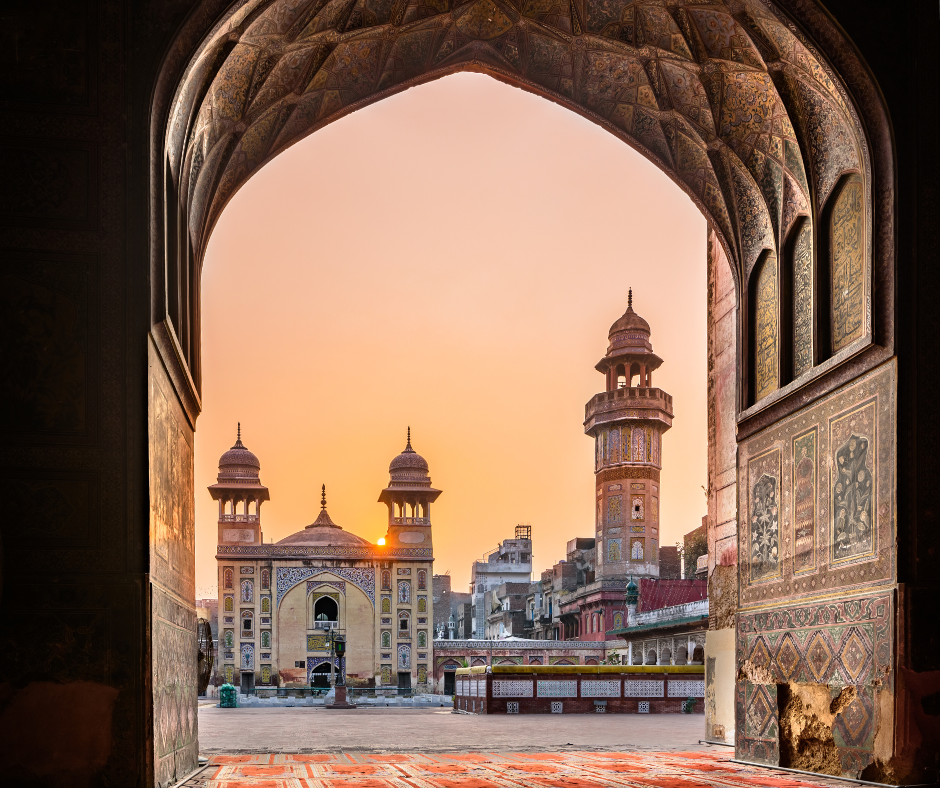
Pakistan’s travel industry is entering a new era. International arrivals are projected to reach 10–12 million in 2025, rising to 13–15 million in 2026, and climbing as high as 17 million by 2027 if current growth momentum holds. Fueled by government-backed infrastructure upgrades, digitalization initiatives, and renewed global interest, Pakistan is evolving into a multi-dimensional market that blends urban growth with cultural and adventure-based travel.
From major international chains in Karachi and Lahore to boutique guesthouses in Hunza and eco-lodges in Swat, the supply is expanding. But while the growth is visible on the ground, the systems behind the scenes that connect supply and demand have not kept pace. For many operators and planners, the challenge is not bringing visitors to Pakistan. It is managing the outdated distribution processes that still dominate the B2B space.
Today’s Pakistan is about more than large chains in urban hubs. Its development story spans multiple regions and segments:
The direction is clear. Pakistan is becoming more diversified and ambitious in how and where it develops. The challenge is ensuring the systems connecting these developments are modern and accessible.
Despite the positive trajectory in arrivals and infrastructure, B2B travel distribution in Pakistan continues to face significant hurdles:
As Pakistan prepares to welcome millions of additional visitors in the coming years, these inefficiencies threaten to slow momentum.
To align with its growth trajectory, Pakistan’s travel sector needs to rethink how it handles distribution—not with incremental fixes but with a unified, digital-first approach.
That’s where B-Marketplace steps in.
Purpose-built for today’s B2B travel needs, B-Marketplace is already helping properties and operators modernize how they connect, transact, and scale. It doesn’t replace existing systems. It streamlines them.
Most importantly, it allows Pakistan’s diverse supply—from urban hotels to remote eco-stays—to be visible and bookable on the global stage.
Travelers will see new hotels, upgraded airports, and accessible adventure routes. But what they will not see is the backbone that makes it all work: how suppliers connect to buyers, how bookings are managed, and how payments flow.
For operators and procurement teams, this backend is critical. It shapes efficiency, reliability, and profitability. With B-Marketplace, Pakistan’s B2B ecosystem can finally move beyond manual processes and fragmented systems into a smarter, faster, and more transparent model.
The future of Pakistan’s travel sector is not just about new developments or higher arrivals. It is about ensuring that every investment, every property, and every destination is part of a connected ecosystem. With 17 million international visitors projected by 2027, the opportunity is immense.
B-Marketplace provides the digital infrastructure to seize it, bridging fragmented supply, streamlining operations, and making Pakistan’s travel sector globally competitive.
📩 Ready to explore how streamlined distribution can unlock new opportunities?
Let’s connect: sales@bakuun.com
Because Pakistan’s travel growth deserves a distribution system as ambitious as its vision.